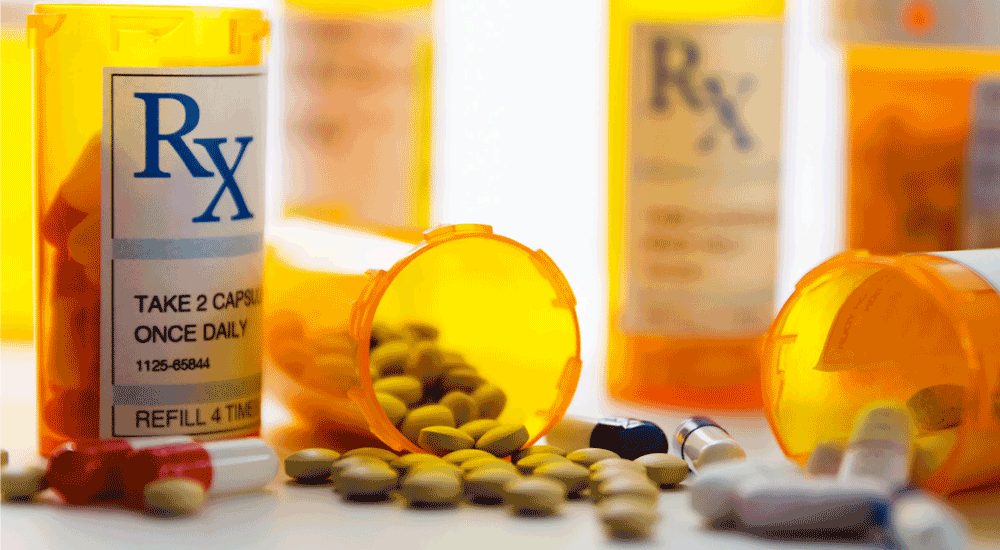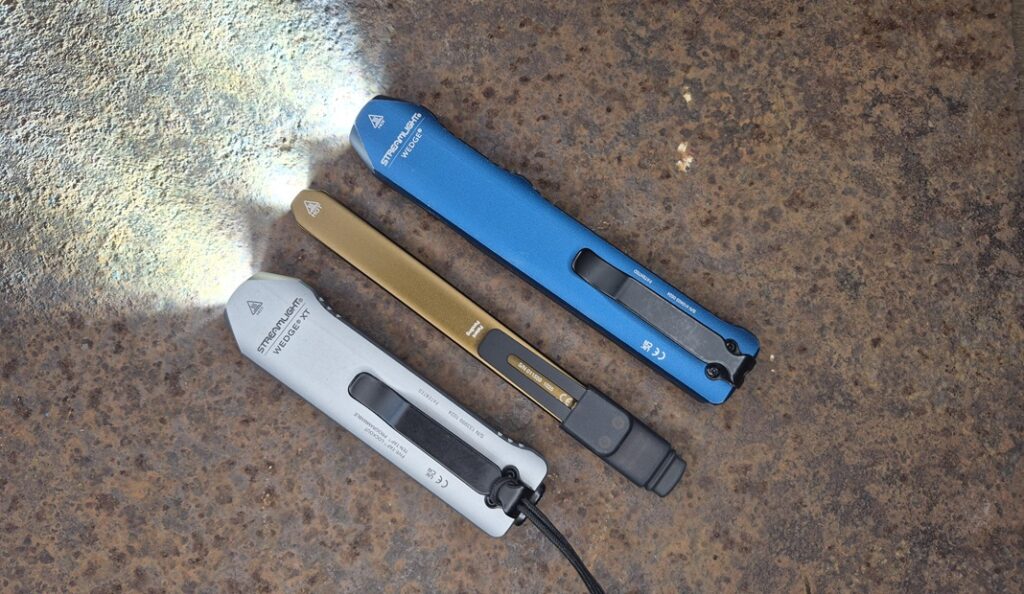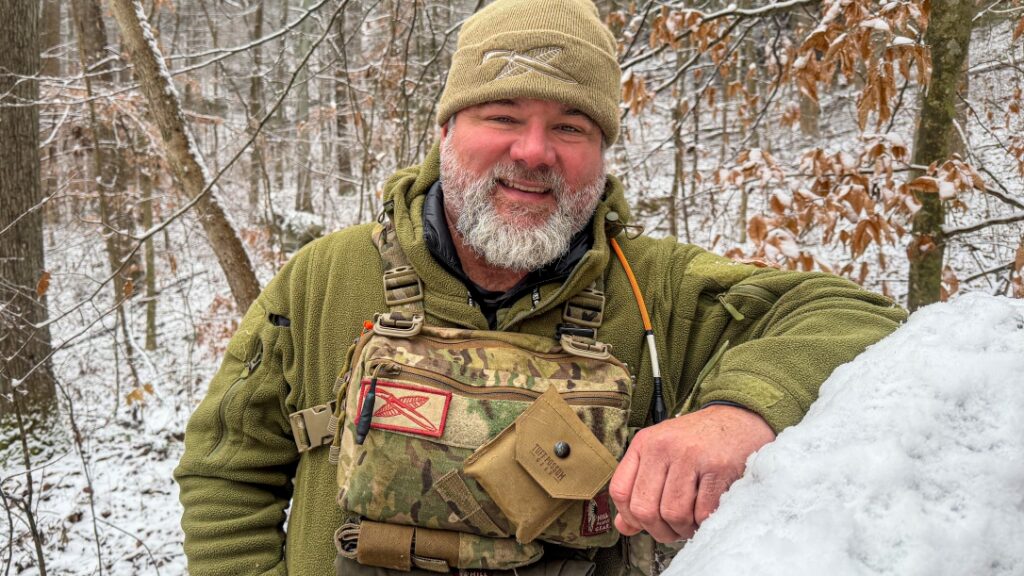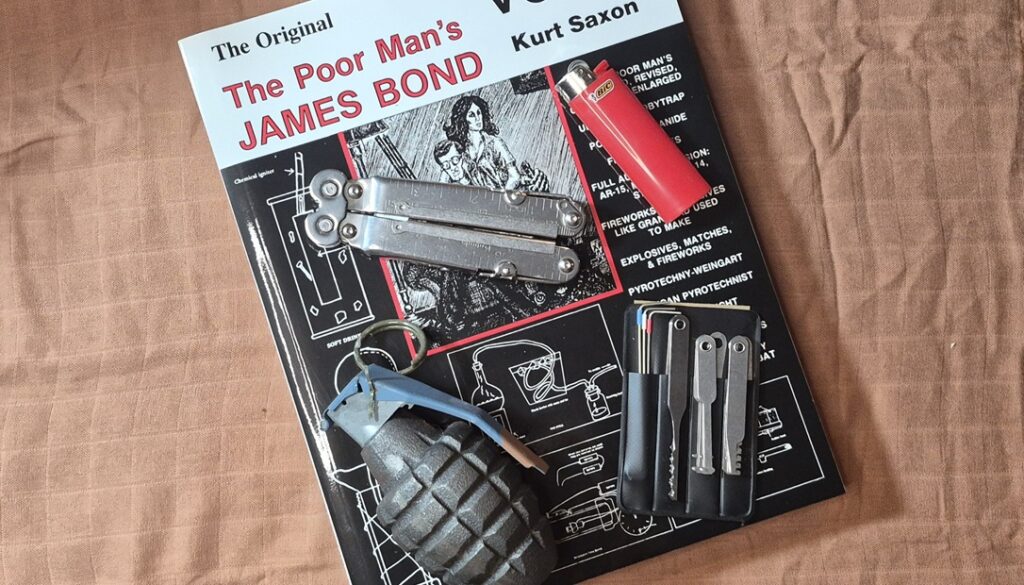APhA Statement on Firearm Related Injuries, Deaths in U.S.
The American Pharmacists Association Board of Trustees is issuing the following public statement calling for more proactive steps to address this important public health and safety issue. CDC data indicate that nearly 40,000 Americans in 2017 died from firearm related incidents — more than the number who died in traffic accidents but fewer than deaths related to opioid use. In 2018 and 2019, the use of firearms against healthcare professionals and community members led to discussions by APhA leadership, as well as by other healthcare organizations. The safety and well-being of pharmacists, student pharmacists, pharmacy personnel, and patients is of paramount importance to APhA. The U.S. public policy debates surrounding firearm related injuries and safety have wide‐ranging implications for pharmacy practice and the services pharmacists offer.
So, our legal drug dealers are calling to weigh in on firearm policy. They acknowledge that guns (not their lane of expertise) are less lethal than opioid abuse (their lane of expertise) but surpassed traffic related deaths (not their lane of expertise) so they have decided to make a statement on opioids… I’m sorry, they’ve decided to make a statement on firearms.
Because I guess they have a plan for the larger opioid problem already… or something.
Advertisement — Continue Reading Below
APhA recognizes firearms related injury and death as a public health crisis. As such, the Association:
- recommends a public health approach to the prevention of firearm injuries and deaths.
- calls for the funding of research related to firearm injuries and injury prevention, including use of personalized gun technology, to better understand the problem and to implement effective firearm injury prevention strategies.
- supports the engagement of pharmacists in the development of public policy to address firearm related violence and the prevention of firearm injuries and deaths.
- supports strengthening and enforcing state and federal laws to prohibit individuals convicted of crimes of violence from purchasing or possessing firearms.
- supports the classification of pharmacies as healthcare entities included within state and local laws which address “gun-free” or “concealed weapon” zones.
- supports the inclusion of pharmacists, student pharmacists, and pharmacy personnel as healthcare workers protected under state and local laws related to assault of a healthcare worker.
- supports the availability of education and information for pharmacy personnel regarding firearm violence prevention.
- encourages pharmacists and other health care professionals to have information accessible to patients and caregivers regarding the risks of having unsecured firearms in the home, and ways to mitigate the risks associated with having a firearm in the home.
- recommends pharmacists and other health professionals be trained to recognize and respond to individuals in crisis who might be at risk of injuring themselves or others.
- supports the enactment of extreme risk protection order (ERPO) laws which allow family members and law enforcement officers to petition a court to temporarily remove firearms from individuals who are determined to be at imminent risk of harming themselves or others while providing due process protections.
- supports training requirements on proper handling and use of firearms for anyone owning or operating a firearm.
- supports efforts to improve firearms to make them as safe as possible, including the incorporation of built-in safety devices (such as trigger locks and signals that indicate a gun is loaded).
Hmm, let’s go through these since, unlike the Pharmacists, this is my lane.
recommends a public health approach to the prevention of firearm injuries and deaths.
Vague and unsubstantive rhetoric trying to relate suicide, crime, and negligence all under one banner of public health.
calls for the funding of research related to firearm injuries and injury prevention, including use of personalized gun technology, to better understand the problem and to implement effective firearm injury prevention strategies.
A vague appeal to valueless “smart gun” technology that has proven a non-starter time and time again. I’m all for research, however ignoring the giant pile of it we have already that suggests upping our whole cultural familiarity with firearms would contribute to their safe use seems to mean that the pharmacists want a certain type of research with certain recommendations already picked.
Advertisement — Continue Reading Below
No thank you.
supports the engagement of pharmacists in the development of public policy to address firearm related violence and the prevention of firearm injuries and deaths.
With what expertise?
I would trust a pharmacist’s opinion on pharmaceuticals. I would believe them if they handed down recommendations on what drugs can and cannot be mixed. I would listen to which emerging drugs get them excited about new treatments and preventative medicine. I won’t put stock in their equal understanding of weapons and a weapon’s legitimate role in society. That isn’t their lane.
Advertisement — Continue Reading Below
supports strengthening and enforcing state and federal laws to prohibit individuals convicted of crimes of violence from purchasing or possessing firearms.
Specifics, please. “Strengthen” is one of those broad and nebulous buzzwords that doesn’t mean anything. Enforcing would be nice, keeping enforced by not releasing convicts of those crimes would be a great step also. But what do I know? This is my lane.
Go on, oh wise drug dealers.
supports the classification of pharmacies as healthcare entities included within state and local laws which address “gun-free” or “concealed weapon” zones.
Because “Gun Free Zones” have proven so effective? You’re counting on one of the most repeatedly failed policy systems in history to protect pharmacies from robberies and violence when you have high value substances in your inventories?
Advertisement — Continue Reading Below
I question your reasoning and problem solving skills, APhA… I question them deeply.
supports the inclusion of pharmacists, student pharmacists, and pharmacy personnel as healthcare workers protected under state and local laws related to assault of a healthcare worker.
Hey! Look at that, one we can agree on.
I have no problem legally identifying pharmacists as healthcare personnel for legal protections. Pharmacists are, by the nature of their employment, at greater specific risk for assault/robbery than other professions because they deal in valuable, regulated, and addictive substances. They can be targeted for illicit financial gain or to satisfy a personal addiction, both are possibilities that someone like an accountant does not face as a threat.
Advertisement — Continue Reading Below
supports the availability of education and information for pharmacy personnel regarding firearm violence prevention.
Does that information include building security practices and the option to carry while at work should the pharmacist so desire? If not you are doing a disservice to those you are trying to help by denying options that are effective, you just don’t like those options.
encourages pharmacists and other health care professionals to have information accessible to patients and caregivers regarding the risks of having unsecured firearms in the home, and ways to mitigate the risks associated with having a firearm in the home.
Basic firearm safety practices are always good information, but do the pharmacy personnel have any greater understanding to help patients and caregivers make informed decisions on this topic? On safes, locks, education of other household members, strategies for children, etc. This isn’t a topic for a pamphlet, it requires a foundation of basic understanding to be of value.
recommends pharmacists and other health professionals be trained to recognize and respond to individuals in crisis who might be at risk of injuring themselves or others.
Especially being in the medical field, the likelihood of a pharmacist coming into contact with someone in crisis is much greater than average. Knowing methods of helping these individuals and the paths to get them the help they need are valuable tools.
Advertisement — Continue Reading Below
But I suspect what AphA wants is just a ‘Red Flag’ easy button without liability. Because, like doctors, pharmacists do not want to be held responsible (liable) for infringing upon someone’s rights without cause or understanding while under the auspices of ‘helping’. What should be a gravely regarded topic, someone’s rights as a free person, is given none of that attention.
supports the enactment of extreme risk protection order (ERPO) laws which allow family members and law enforcement officers to petition a court to temporarily remove firearms from individuals who are determined to be at imminent risk of harming themselves or others while providing due process protections.
There we go. There’s the easy button. I’m glad they at least give written lip service to due process being observed, despite the fact that ERPO’s are largely extrajudicial exercises that are subject to no active due process.
supports training requirements on proper handling and use of firearms for anyone owning or operating a firearm.
Requirements is that nasty word which makes it a government obligation to provide it’s access. Which the government will not. When you make a right require a significant and difficult financial and time output for indeterminate gain it is no longer a right.
Advertisement — Continue Reading Below
This could have instead been written as ‘supports holding negligent individuals liable for the damages caused by their irresponsible actions’ and it could have wide support. Negligence is a due process standard that must be established.
supports efforts to improve firearms to make them as safe as possible, including the incorporation of built-in safety devices (such as trigger locks and signals that indicate a gun is loaded).
Firearms are, already, very safely built devices. The problem is that you are trying to merge safe operation with the idea that firearms are weapons and weapons are by their very nature, dangerous. We need firearms to be dangerous, we need them to be effective at projecting force at sudden emergency need, that is their purpose as sure as an opioid painkiller’s is to make an agony more sufferable.
You cannot legislate a purposefully dangerous implement into safety. We cannot legislate unpurposefully dangerous implements into safety. Vehicles are not safe. Opioids aren’t safe.
Advertisement — Continue Reading Below
Life.. is not safe.
But what do I know… this is my lane.















